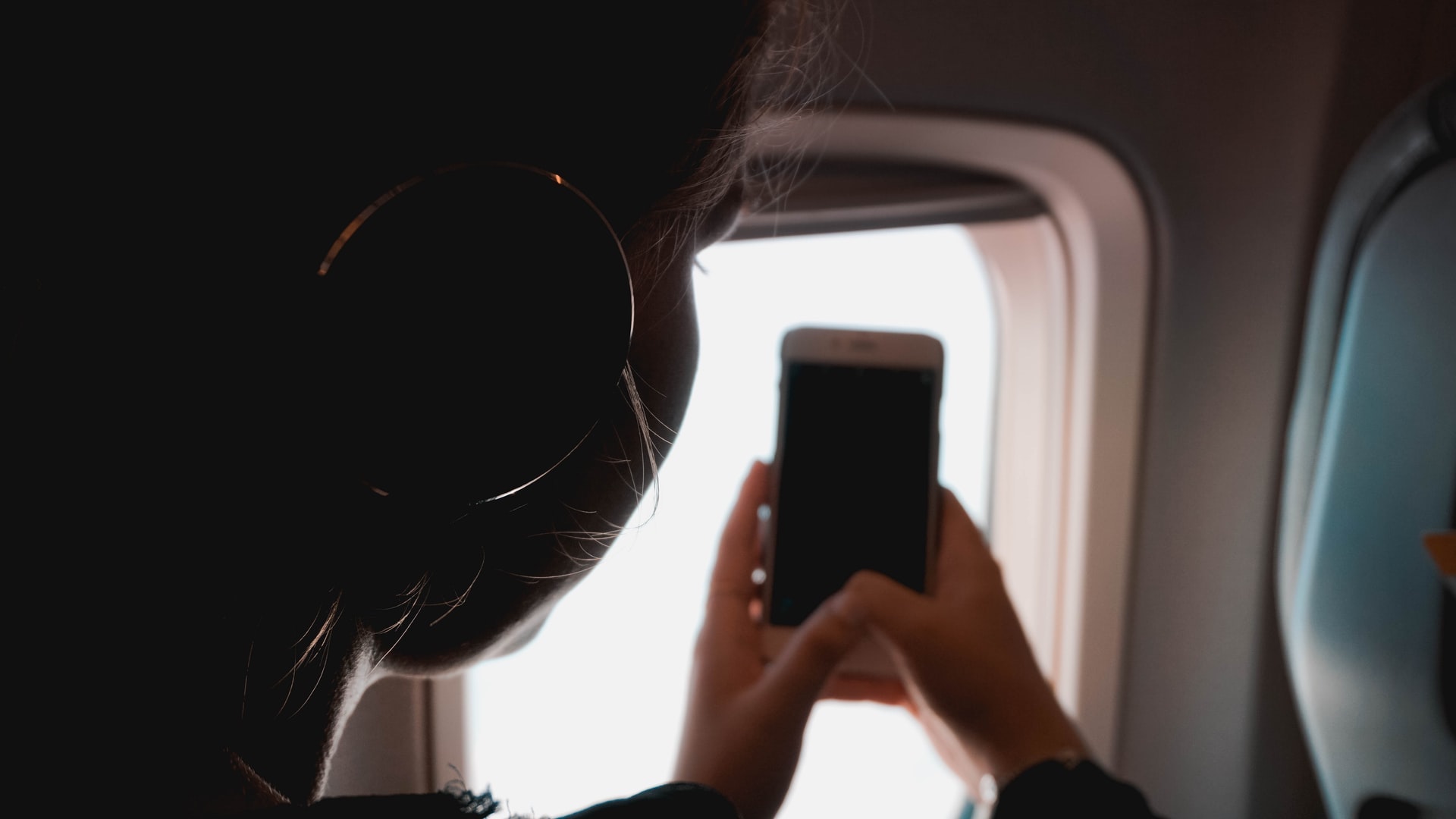

The Federal Aviation Administration (FAA) is warning that travel early next year could be disrupted by the latest 5G expansion, though the telecommunications industry has pushed back against those claims.
The agency first warned about potential issues in a November bulletin, explaining their concerns that the frequencies utilized for this updated 5G service have the potential to impact an aircraft instrument called the radio altimeter. These sensors, which measure a plane’s height above the ground, are critical in guiding pilots during landings.
On the other side of this issue, CTIA, the lobbying group representing the wireless industry, refuted some of those claims in an electronic filing sent to the FAA. The CTIA called such analysis of the 5G operations “flawed” and said nearly 40 other countries are already using this spectrum without issue, including Japan and Denmark.
“In some of these countries, 5G signals operate in spectrum adjacent to aviation equipment. U.S. airlines fly in and out of these countries every day. If interference were possible, we would have seen it long before now,” CTIA President and CEO Meredith Attwell Baker added in a November op-ed for Morning Consult.
A spokesperson for the FAA told Popular Science that wireless companies in those other countries have had to take mitigating steps to address any issues, such as turning down power levels or changing antenna directions. In response to the agency’s November bulletin, Verizon and AT&T pushed back their 5G launch plans to January and agreed to reduce power levels from cell towers using this spectrum for six months while monitoring the change, according to CNET.
However, the FAA issued additional directives earlier this month outlining potentially more restrictive measures, including limiting the use of radio altimeters at certain airports where the technology could be deemed unreliable due to 5G interference. In a Dec. 19 article, The Wall Street Journal reported that the FAA is expected to issue more specific warnings and restrictions next week ahead of the anticipated 5G update, currently slated for January 5 in 46 metropolitan areas. The Journal says regulators from the FAA and the Federal Communications Commission (FCC) are currently weighing proposals from the telecommunications and aviation industries to find a compromise that will allow for the 5G expansion without impacting the safety or operations of airlines. That includes considering 5G “buffer zones” around airports.
In the meantime, airlines themselves have been predicting turbulence. CNET said United Airlines CEO Scott Kirby anticipates about 4 percent of the airline’s daily flights could be diverted or cancelled if the current FAA guidelines are imposed and the 5G update takes place as planned. That includes flights from some of the largest airports in the country, Kirby said. It could also leave some pilots unable to utilize radio altimeters in low-visibility landings.
A coalition of aviation industry groups including the Air Line Pilots Association, Int’l (ALPA) and the International Air Transport Association (IATA) issued a joint statement to reporters on December 14 urging “meaningful discussion” among regulators as January approaches.
“Time is running out before millions of air travelers and the shipping public experience significant disruptions such as flight delays, flight cancelations and backups to the already-stressed supply chain,” the statement reads. “We implore the FCC, FAA and NEC [National Economic Council] to continue meaningful discussions in good faith and to identify mitigations and reach a successful implementation plan that will ensure new 5G technologies can safely co-exist with the aviation industry.”